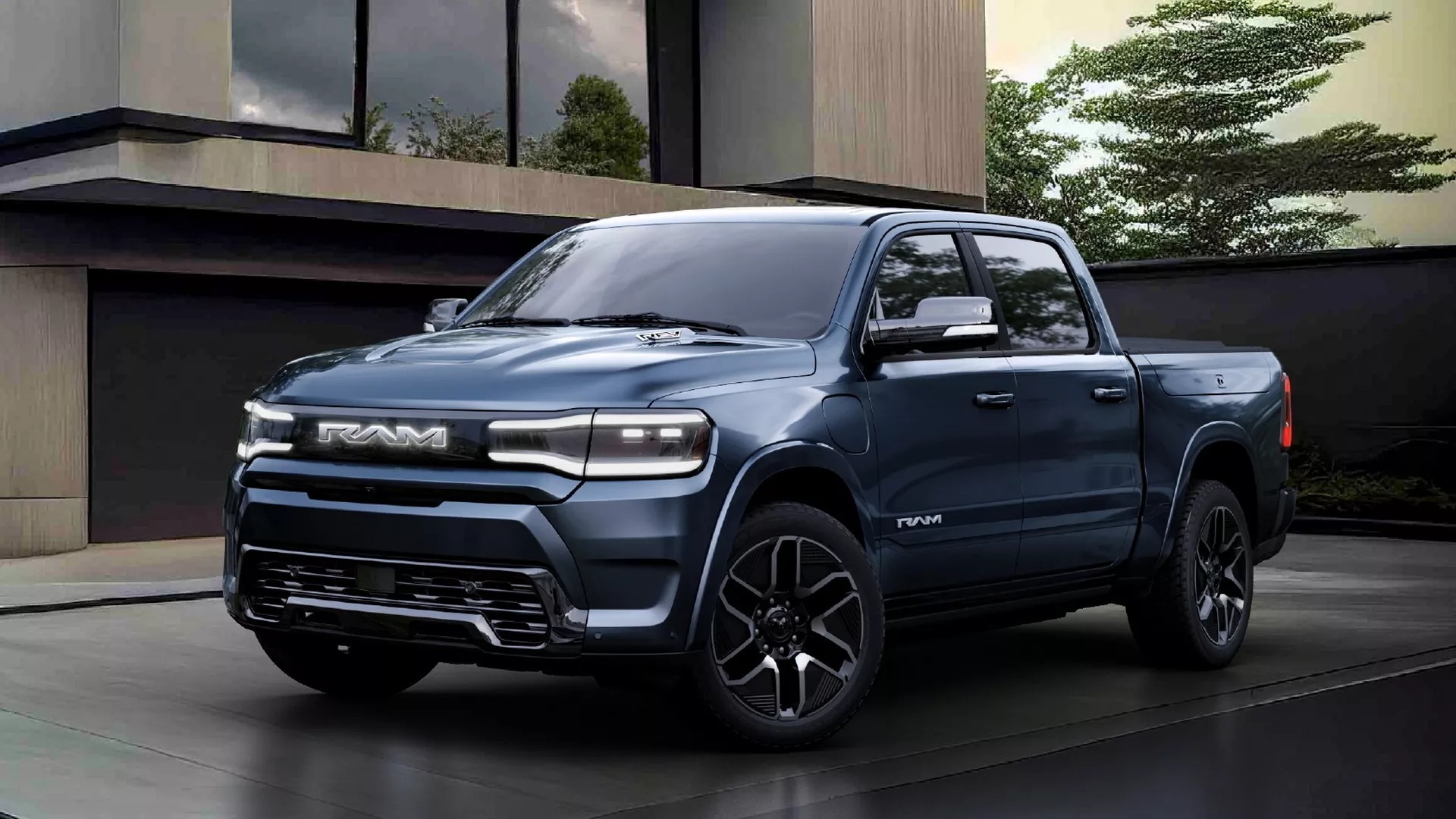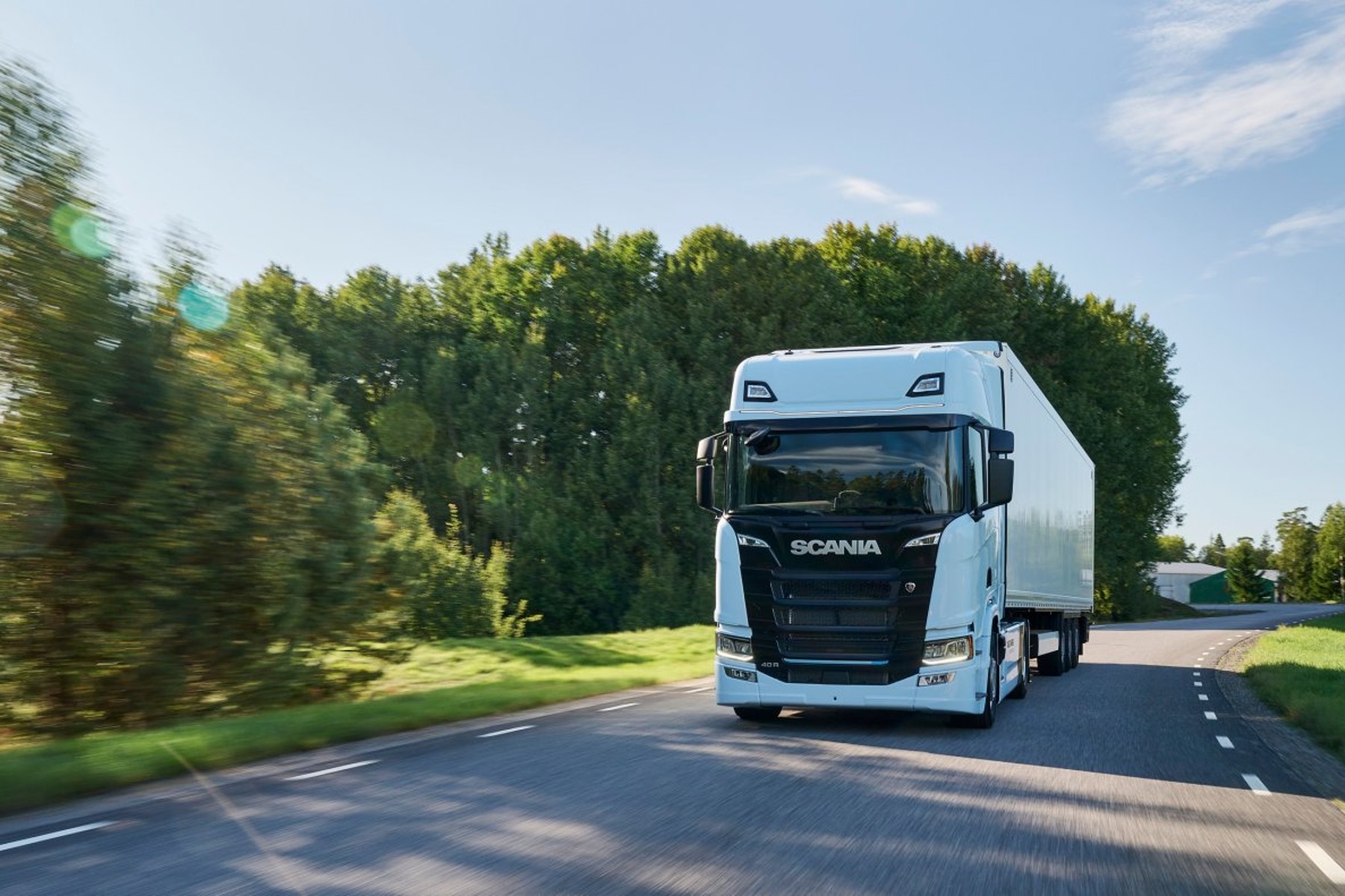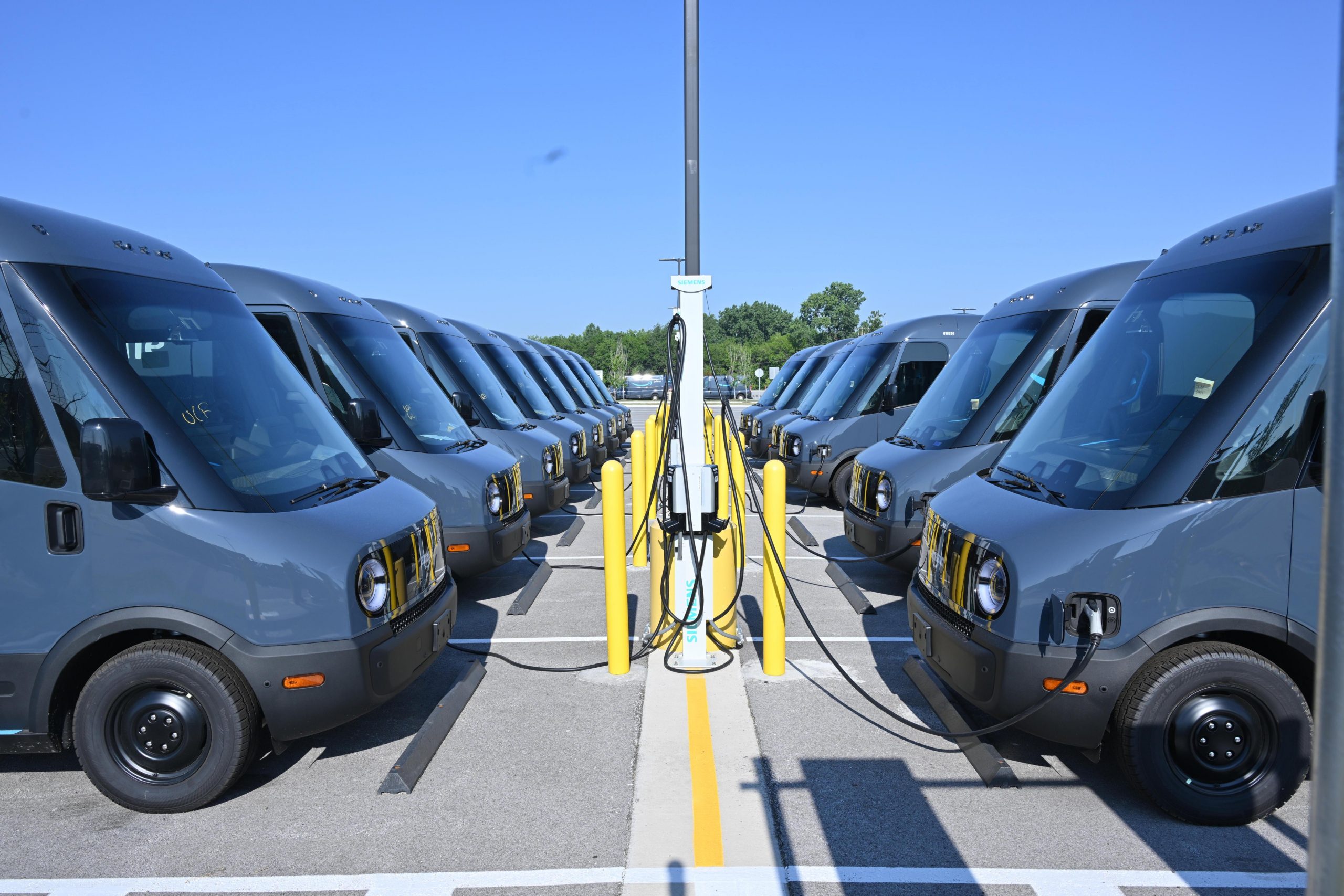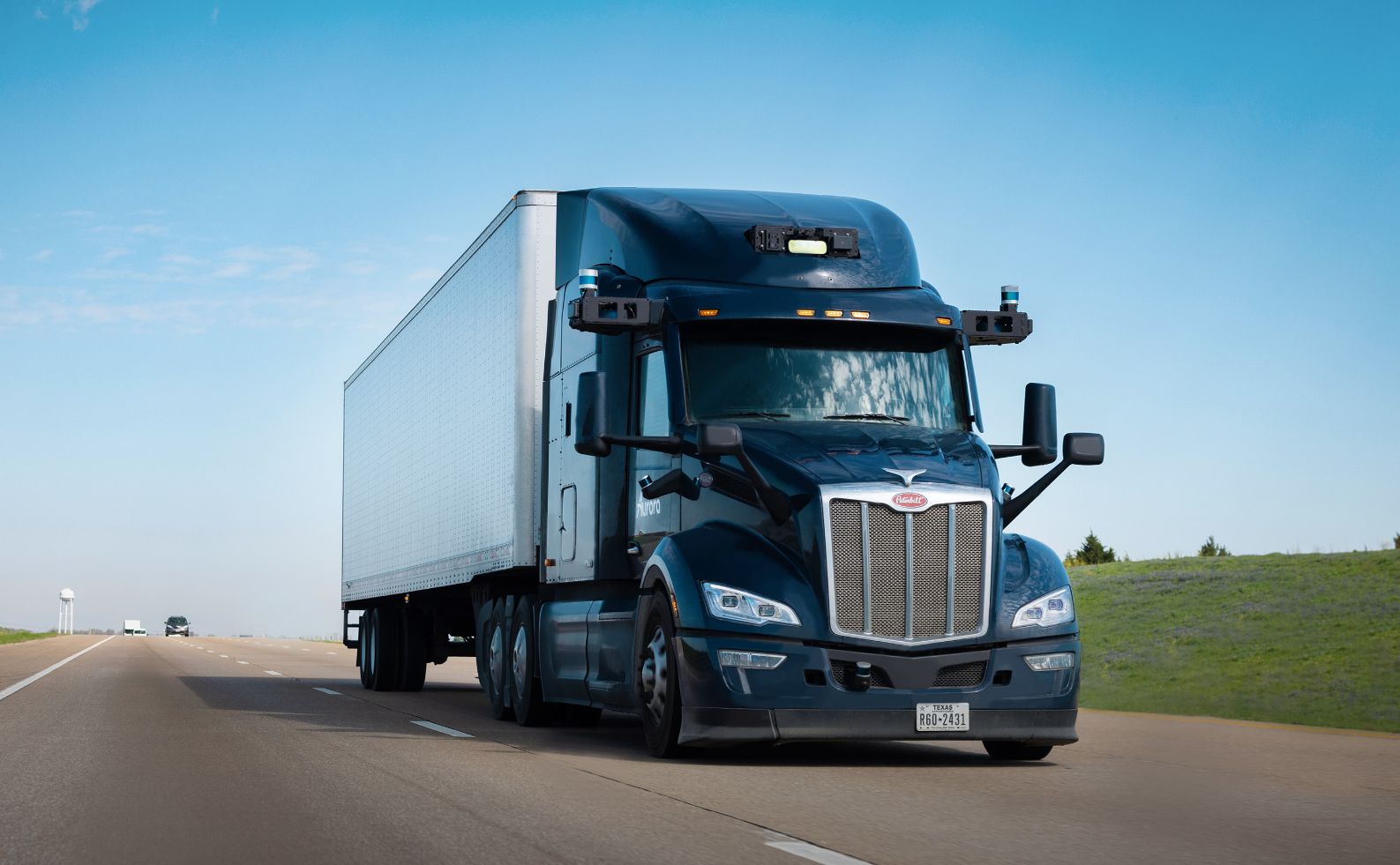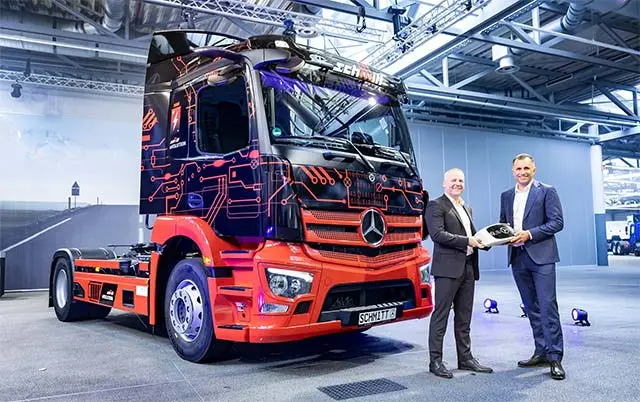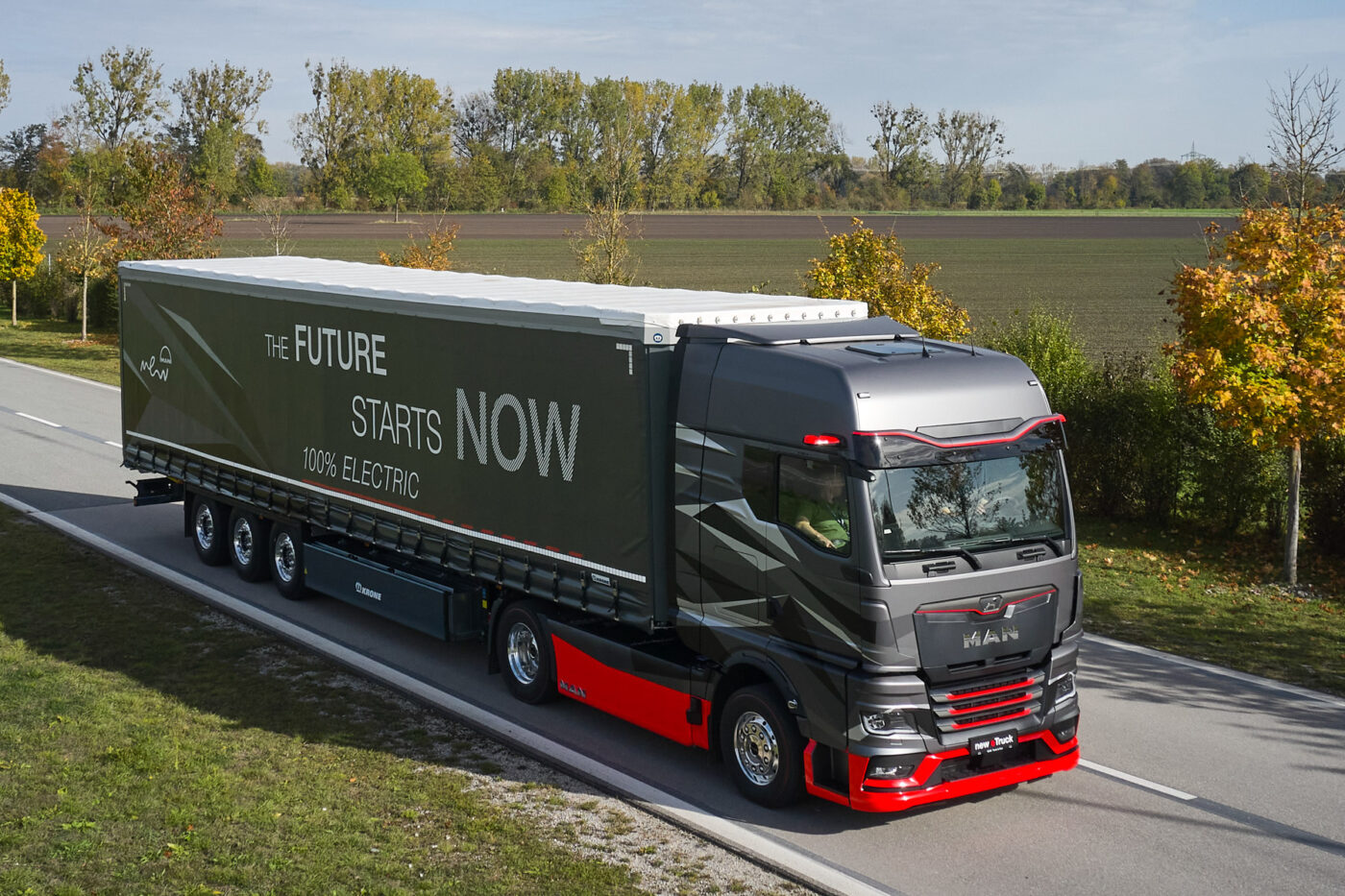Stellantis has unveiled an ambitious strategic initiative known as “Pro One,” aimed at expanding its commercial vehicle business. With an annual sales volume of 1.6 million commercial vehicles, accounting for one-third of its net revenues, Stellantis is eyeing substantial growth in this segment.
To achieve this objective, Stellantis is making a substantial pivot towards electrification and introducing a range of new commercial vehicle models. In an exciting development, Stellantis’ European brands are set to reveal a “fully renewed van lineup” on October 23. These new vans will feature second-generation zero-emission powertrains, a unique hydrogen solution, comprehensive connectivity, and cutting-edge autonomous driving assistance systems.
Across the Atlantic, Stellantis is set to electrify its lineup of vans and pickups. The Ram ProMaster EV is slated for unveiling later this year, and there are plans for the introduction of “four electrified pickup trucks over the next two years” as part of a North American expansion. While specific details remain under wraps, known models include the Ram 1500 REV and a promising “new hydrogen solution.” Additional models, possibly compact trucks tailored for the Mexican market, are generating anticipation.
In the realm of vans, Stellantis is poised to introduce a large, factory-built delivery van designed to enhance driver efficiency. Notable features include a pocket door and a roll-up door at the rear, underscoring the company’s commitment to innovation.
Beyond product innovation, Stellantis has set its sights on generating €5 billion ($5.2 billion / £4.3 billion) in revenue through digitalization and connectivity. This strategy involves offering services to businesses and fleets, encompassing maintenance monitoring, eco-drive coaching, and task/charge management software.
Stellantis’ “Pro One” strategy represents a forward-looking approach, underpinned by electrification and innovation, as the company seeks to solidify its position in the commercial vehicle market and double its net revenues by 2030.

